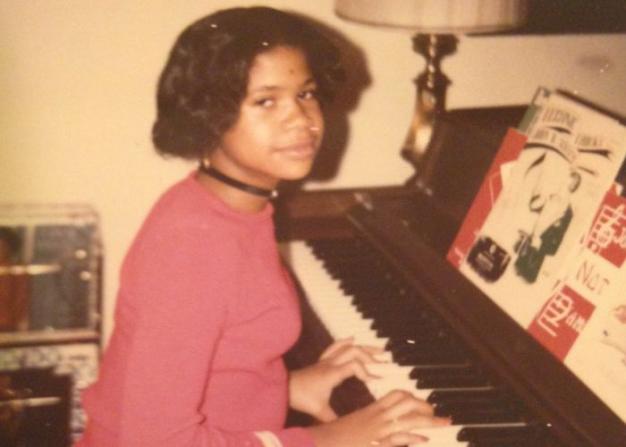This story was originally published on April 17, 2015.
The first Earth Day helped create the modern environmental movement. It also had personal significance and a lasting impact for many people who participated in events all around the country. We talked with two women who celebrated Earth Day in Pittsburgh on April 22, 1970.
Here are their recollections in their own words.
LISTEN: “Memories from Pittsburgh’s First Earth Day in 1970”
Writer Stephanie Simmons lives in Atlanta, Georgia, but she grew up in Pittsburgh. Her background is in environmental epidemiology and natural resource management.
On Earth Day, 1970, I was in fourth grade and I was in a beautiful gothic school that doesn’t exist anymore in the East End of Pittsburgh in a borough called Wilkinsburg.
My art teacher had us doing art work to honor Earth Day, and our science teacher was talking about what was happening with the industrial age and how it had impacted the earth. I remember being outside. I went to The Point at dawn that day because that’s a very significant place to me as an indigenous person. I went with my dad. I was there for a few minutes because he worked overnights, and he left work early to come and get me so I could be there at sunrise and listen to the waters. And then we left. It wasn’t a big ceremony for us. It was one of the best memories I have with my father—that he did that.
At the time, I thought that it was going to be a singular event. It didn’t occur to me that somebody was going to do this again the next year and the next year and the next year. But personally, I think that it always gave me a moment of reflection, just like the giving thanks holiday is to indigenous people. It’s a moment of atonement. So it gives you pause to wonder and think about what would I do for the next year—what have I done in the previous year that honors the earth.
The first Earth Day [was] an avalanche, or more like the pebble drop with the concentric circles. Things build and they spread. And we have a generation of young people, regardless of income or status, that enjoy celebrating the earth because some people stepped way out of what was typical for that time. I think Earth Day influenced my life because it reinforced to me what I already knew—that the earth is sacred, the earth is important. And it made what I do more acceptable to a larger consciousness, which is why it needs to continue.
Patty DeMarco is the author of the book, “Pathways to Our Sustainable Future: A Global Perspective from Pittsburgh.”
The first Earth Day, I was still a graduate student at the University of Pittsburgh, and I was teaching a course as a teaching assistant.
So during Earth Day week, there were a lot of events going on coordinated through Senator Nelson and using students and labor unions as the hands all across the country. We had this class and it met Monday, Wednesday, and Friday. And so on the Wednesday, it was actually the 22nd of April. So we did a teach-in and opened it to the public, the whole campus. We held it in a bigger lecture hall than our usual class. We planned this for weeks.
We had this big weather balloon that we blew up and painted with faces all over. So at the beginning of the class, we started pumping up the balloon and somebody started reading the ‘begats’ from Genesis and talking about how the population was growing and growing and growing. And while they’re reading this long passage, the balloon got bigger and bigger and bigger. And we had slide projections on three walls. So on one side, we started showing air pollution; on another side, we started showing water pollution; and on the front, we started showing just population pressure, land pollution, cities.
We blew all the fuses because the place was not wired to deal with all of that technology at one time. And then in the end, all of the screens went to the atomic bomb. And we set off sulfur bombs that floated down so everyone felt the pollution, although outside was not that much better than inside in those days. It left people with this sense of “this is what we’re doing to our earth.” We have this beautiful earth full of living creatures that we are ruining, and it was pretty powerful. People left with a different perspective. That was our objective.
I think that was the beginning of my own awareness of how much the public did not understand about the environment. And I think we’re facing the same kind of situation today, although the pollution that we’re facing is not as visible. It’s harder to convince people that things that we’re putting down the drains through cleaning products, personal care products, pharmaceuticals end up in our water supply and cause endocrine disruption. Things that are in the air have subtle insidious effects that may not be manifest for a generation.
One of the things that I remember as a distinct feeling about the events of the 1970 Earth Day was the sense of joy that we were celebrating the earth and the beauty of the earth. I think that is an important aspect of Earth Day every year. It’s a time when you remember that we are really a living planet and maintaining the life support that comes from being an interconnected part of a living planet. That is what Earth Day is about.



